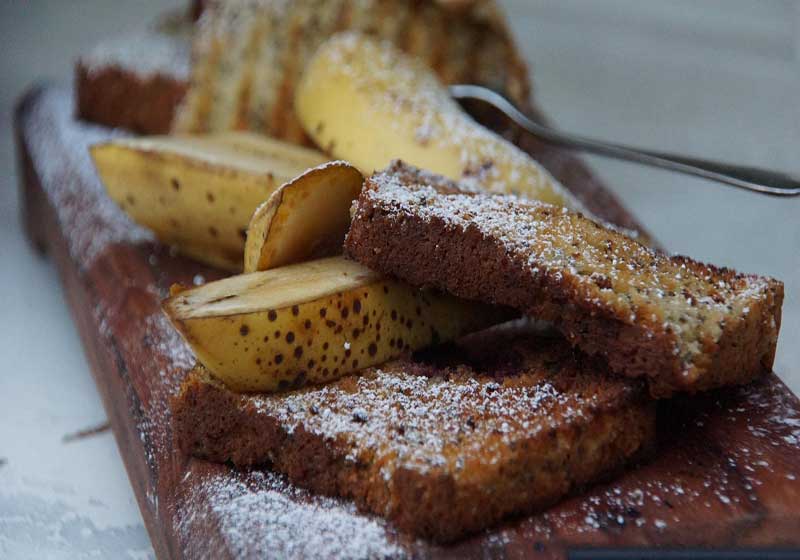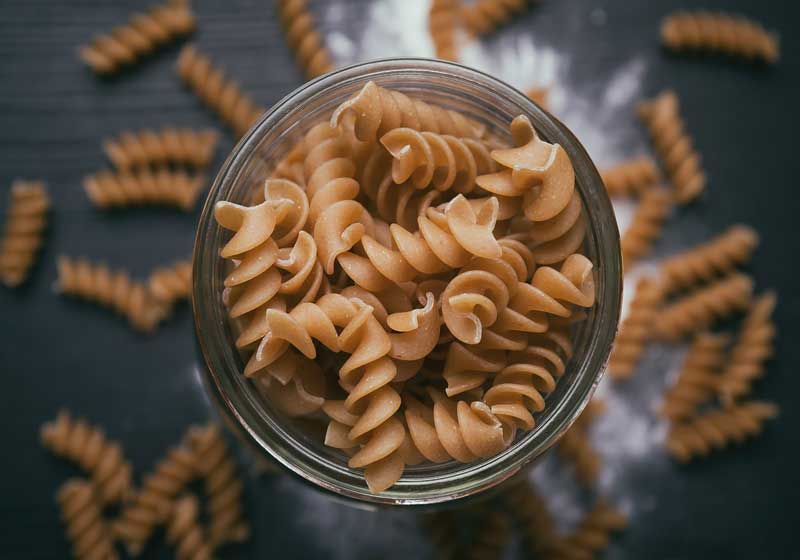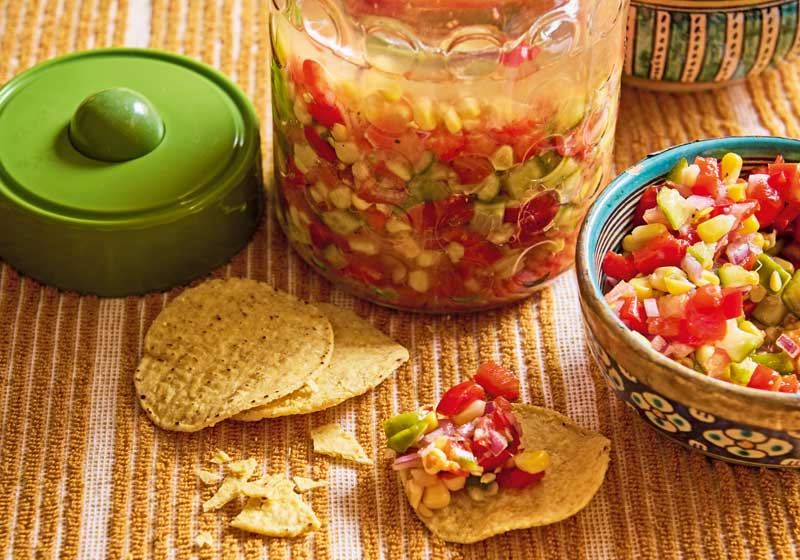By Marie-Antoinette Issa.
From our fashion choices to the flights we catch, sustainability continues to be at the forefront of the conversations surrounding responsible consumerism - with food waste reduction strategies offering simple yet impactful ways to encourage mindful consumption.
If you are keen to play your bit to help minimise environmental impact, save money and inspire creativity in the kitchen, here are six easy and actionable tips to reduce food waste in your home - without sacrificing flavour.
Plan Your Meals Like a Pro
Meal planning is the cornerstone of a waste-free kitchen. By mapping out your weekly meals, you can avoid buying items you won’t use. Start by checking your pantry, fridge and freezer for ingredients you already have.
Then, make a shopping list tailored to your planned meals and, stick to it! Impulse buys often lead to unused products that spoil before you can use them. Planning also helps you portion meals properly, so you’re less likely to cook more than you need.

Master the Art of Proper Storage
Proper storage techniques can drastically extend the life of your food. Store fruit and vegetables in their ideal environments - leafy greens thrive in sealed containers with a damp paper towel, while root vegetables like potatoes prefer cool, dark places.

Invest in airtight containers to keep pantry staples fresh and don’t be afraid to freeze items. Bread, herbs and even milk can all be frozen to prevent spoilage. Labelling containers with dates will also help you keep track of what needs to be used first.
Embrace Creative Cooking with Alternative Ingredients
One person’s scraps are another person’s gourmet meal! Carrot tops, broccoli stems and orange peel can all be transformed into delicious dishes. Try blending leftover vegetable scraps into a pesto or boiling them in a stock.

Similarly, citrus peels can infuse oils or cocktails. Overripe bananas can become banana bread, and you can use stale bread to make breadcrumbs or croutons. Being open to cooking with alternative ingredients not only reduces waste but also adds a fun challenge to your culinary skills.
Get Savvy with Leftovers
Leftovers don’t have to be boring! Reinvent yesterday’s meals into something new and exciting. Roast chicken can become a hearty soup, leftover rice can transform into fried rice and cooked veggies can find a new life in a frittata or pasta sauce.
If you struggle with eating leftovers, store them in clear containers so they’re visible and appealing. Better yet, make it a habit to have a ‘leftover night’ once a week where you create a buffet from what’s already in your fridge.
Understand Expiry Dates
Misinterpreting expiry dates is a major contributor to food waste. ‘Best before’ doesn’t necessarily mean ‘bad after’. Use your senses (literal and common) - if something smells and looks fine, it’s probably still good to eat.

Many dry goods, such as pasta, rice and tinned foods, are perfectly safe well after their printed date. Educate yourself on the difference between ‘use by’, ‘sell by’ and ‘best before’ dates to prevent unnecessary disposal of perfectly good food.
Compost What You Can’t Use
Finally, even with the best intentions, some food waste is inevitable. Instead of throwing scraps in the bin, start a compost pile or invest in a countertop composting system.

Composting is a fantastic way to give back to the earth and reduce the amount of organic waste sent to landfills. The resulting nutrient-rich compost can then be used to nourish your garden, creating a full-circle moment for your kitchen waste.








